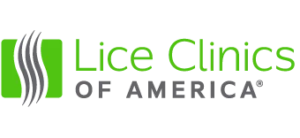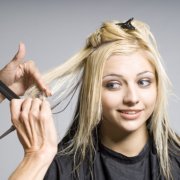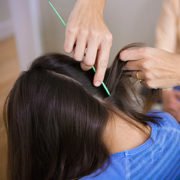How to Break Lice News to Other Parents
Parents don’t like to talk about lice. That’s a shame, because communication is one of the most effective ways to prevent lice outbreaks. If you know that lice are present in a school, daycare or camp, you can take precautions to protect your own child from getting lice.
The best time to talk about lice is before an outbreak happens. Many healthcare providers recommend that parents develop a lice response plan within their school or parent group so that they are prepared for lice outbreaks and have an agreed-upon plan to react. This way the discussion about head lice happens when no one has them, and without that added emotional charge. A plan might include recommendations for how to check for lice and available resources for treatment, as well as ways to prevent head lice from spreading—avoiding head-to-head contact and the sharing of anything like hats, brushes and backpacks that contact hair.
If another parent tells you that their child has lice, thank them for telling you. It’s not easy, as the social stigma around head lice remains significant. Not talking about it makes it worse. The fact that someone informed you will help you protect your children. After thanking the parent, the best message you can send is that it’s not that big of a deal—because it’s not. Yes, dealing with head lice is inconvenient, but aside from that, the more you can do to counteract the stress and embarrassment parents feel, the better.
If your children have lice, let other parents know through the school or through your network of relationships. Remember—it’s not your fault. You didn’t do anything wrong. Your children aren’t dirty. They just “caught” lice from another healthy child, much as children catch colds from one another. Have the facts handy: Lice aren’t dangerous. Lice outbreaks are unrelated to hygiene (in fact lice prefer clean hair and scalps). Lice only spread from head to head (they don’t fly or live on animals—stuffed or live). You might want to share our blog, “It’s Time to Shed Light on Lice” to help educate other parents about head lice and to demystify the experience.
Another thing you can do to ease other parents’ concerns is let them know about a Lice Clinics of America’s professional, medically sound, one-and-done, guaranteed lice checking and removal service. Knowing that there is a fast, easy way to get rid of lice and eggs in a single treatment can relieve a lot of stress!
Want to get more specific? Here’s how a conversation might play out.
You: Hi , it’s me. Do you have a minute? There’s an issue with the girls.
BFF: Sure, what’s up?
You: Well, it seems that there is a bug going around, and my daughter caught it. I wanted to let you know because our girls spend so much time together.
BFF: Thanks. Sorry to hear that. What is it?
You: Well, this time is a literal bug. Head lice. At first I was freaked out and I didn’t want to tell anyone. But I sure wish someone had told me it was going around, and I thought that if we all get on top of it and get all the kids checked we can nip it in the bud.
BFF: Lice! OMG! That still happens?
You: Yeah, it’s a bummer. I’ve done some research. It happens a lot—6-12 million cases a year in the U.S. alone! But there are new ways to get rid of lice that only take an hour or so. And we have a clinic right here in town that can check the kids for lice and then treat them on the spot if need be. Peace of mind either way! I’ll send you the link.
BFF: Well, thanks for telling me. I’m a little freaked out but it might be easier if we work together!















